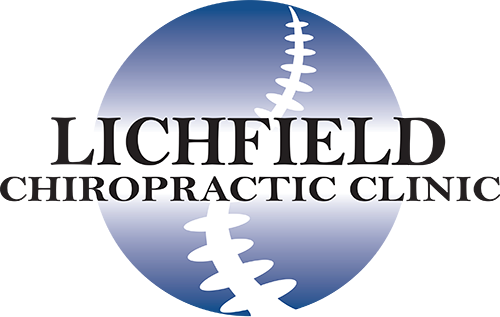What to Expect
You will be greeted by our friendly and extremely professional chiropractic assistants and then you will meet your chiropractor for the first time. He/she will start with a discussion about you, your health and your reasons for asking for chiropractic help.
You will be asked for a great deal of information, not just about the pain or complaint but about your past health history. Some of the questions may appear irrelevant, but they are extremely important to your chiropractor. To ensure chiropractic care is appropriate for your condition he/she will need to establish an overall health picture. If chiropractic appears not to be suitable for you, you will be referred to your GP or relevant specialist.
Your details are confidential. No one else will be allowed to see your notes without your permission.
Examination
Once your case history is complete, your chiropractor will examine you to confirm any early ideas about your problem. The examination will concentrate on your neuromusculoskeletal system (nerves, muscles and joints), but it may also be necessary to check other things such as your heart, lungs and abdomen to rule out other causes; this thorough check up is normal procedure in a chiropractic clinic. However, it is not usual for a chiropractor to examine intimate areas; you will normally be referred to your GP if your chiropractor feels you would benefit from this.
Gowns are made available for you to wear for the examination, as well as any following treatments.
After the initial consultation and examination, it may be clinically appropriate for x-rays to be taken. If so, this is performed immediately following the examination using our on-site digital x-ray facilities. Should an MRI/CT scan be necessary you will be either referred back to your GP for NHS provision or this can be arranged more promptly in the Private sector at a very reasonable fee.
Report of Findings
Before any treatment starts, your chiropractor will tell you, in clear, simple language what is wrong with you, what can be done about it and what you should expect when you receive your first treatment. You will probably be told about any exercises or changes to your lifestyle or diet that may be beneficial, so that you can help yourself. A part of getting better is up to you, so please follow any instructions and advice carefully and completely.
You will also be advised of all costs that relate your future care. It would be appropriate, at this point, for your chiropractor to tell you of any likelihood of recurrence of your problem, and the possible need for any ongoing supportive care. This is not an unusual situation for patients who have long-term problems.
Treatment
Chiropractic treatment mainly involves safe, often gentle, specific adjustments, done by hand, to free joints in the spine or other areas of the body that are not moving properly. Most often, this requires a short thrust to a joint that can result in an audible “crack”, and may bring relief of symptoms as well as an increased feeling of well being. The “crack” is simply the sound of bubbles of gas popping in the fluid of the joint as the pressure is released.
There is, however, no instant cure, and some patients may experience temporary symptoms such as pain or soreness around the areas being treated, with redness or even bruising of the skin. Spinal disc problems may appear to flare up in the early stages of treatment, and where there is already inflammation, your condition may seem worse to start with. Treatment to the neck may give a distinct light-headedness, and occasionally a short-lived headache.
Apart from the adjustments, your chiropractor may use a wide variety of techniques including ice, heat, ultrasound and exercises. If you have any questions about any of these, just ask.

